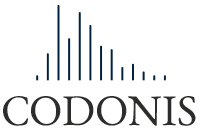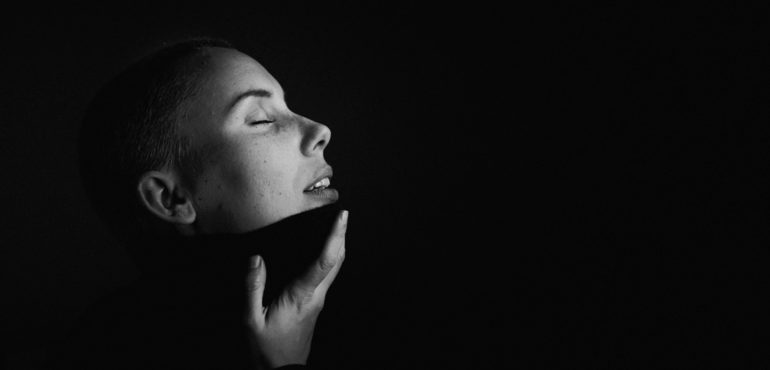
You are a healthcare specialist: Why should you work with a craniofacial therapist?
The craniofacial therapist can work with diagnoses from multiple disciplines. It increases efficiency when multiple exams are reduced, and the resulting benefits in terms of cost and patient comfort are obvious.
The therapists trained at the medical faculty of the University of Basel come from different specialties. They are the same professions that may also be affected by interdisciplinary care. This approach requires an effort on the part of all involved to address the patient’s problem together. Interdisciplinarity must not remain a pious wish, but must be lived in reality for each discipline, not only through the transmission of information, but also through a personal meeting in order to achieve a wide-ranging agreement around the patient’s problem.
Disciplines
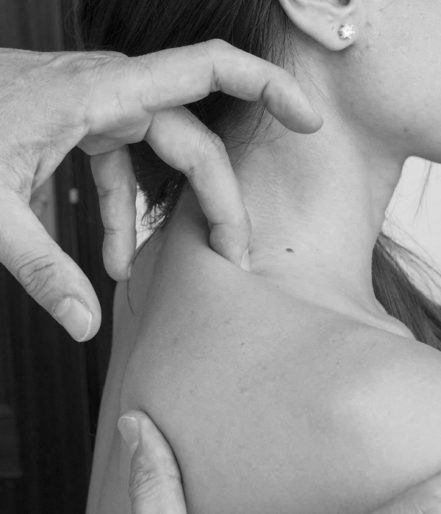
- • Medicine
- • Otolaryngology
- • Orthodontics
- • Speech therapy
- • Occupational therapy
- • Oral and maxillofacial surgery
- • Osteopathy
- • Pediatrics
- • Physiotherapy
- • Pain therapy
- • TCM (Traditional Chinese Medicine)
- • Dentistry
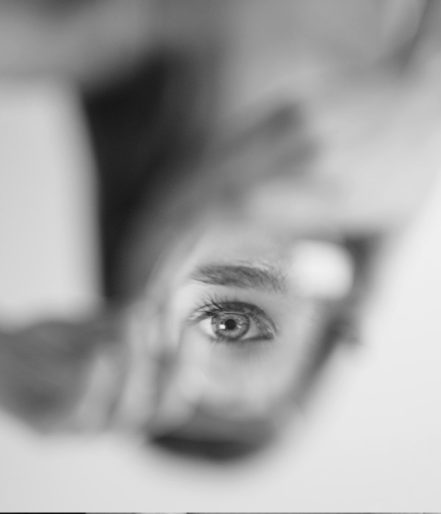
- • Clinical psychology
- • Art therapy
- • Psychology
- • Hypnosis and other recognized therapies
- • Reiki
- • Hippo-therapy
- • Reflexology
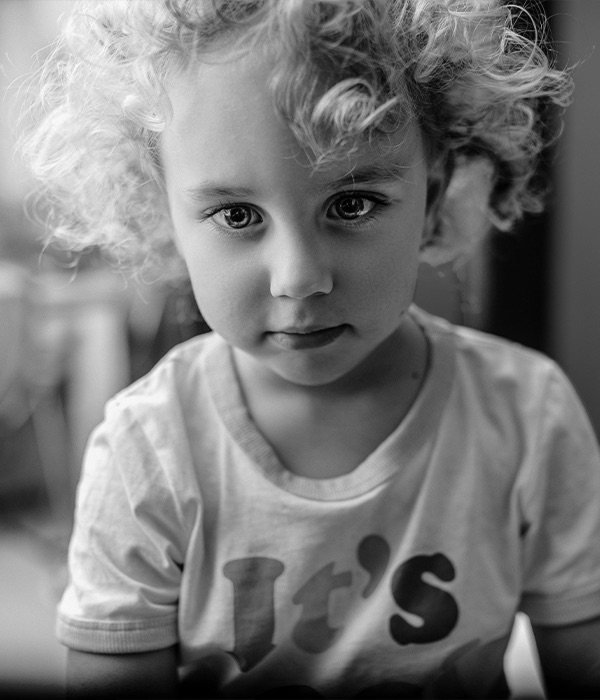
- • Preschool remedial education
- • Early childhood education
- • Special education
- • Education
Pillars of Craniofacial Therapy
K-O-S-T
K-o-s-t (German: Körperorientierte Sprachtherapie or translated as Body-Orientation-Speech-Therapy) is a concept developed by Dr. h.c. Susanne Codoni for the treatment of people with speech and language disorders or other various disabilities. This therapy stands at the crossroads between orthodox medicine, complementary medicine and pedagogy. It is not limited to speech therapists. In order to treat the functional deficits of the patient, this holistic approach is based on each resource of the person. The interdisciplinary collaboration provides an overview and a treatment concept based on it.
The craniofacial therapist starts by observing the posture and stabilizing it by stimulating the k-o-s-t. If the weaknesses or deviations are too great, he will enlist the help of a physiotherapist or osteopath. Here the collaboration is important to communicate what has already been done with the patient. The communication pillar is very important and is based on the knowledge of neurolinguistic programming (NLP).
In order to re-learn good swallowing and speech, the patient’s posture must be stabilized. This makes the work easier for the orthodontist or the oral surgeon.
FBL - Funktions-Bewegungslehre (Function Movement Theory)
For his observations, the craniofacial therapist uses terms familiar to physiotherapists trained in Basel: the FBL (Function Movement Theory) of S. Klein-Vogelbach. This approach allows the therapist to analyze static posture and gait and measure the differences. The craniofacial therapist is not a physical therapist (unless he has completed a master’s degree after becoming a physical therapist). He uses the terms of FBL to observe and describe the situation. Depending on the observations made, he will suggest body stabilization exercises (e.g. using ball exercises or k-o-s-t). But if the deviations are too big, he needs the help of a physiotherapist, osteopath or even a doctor. This expertise enables the therapist to understand the diagnosis of the physiotherapist.
These observations can be communicated to the specialist responsible for straightening the patient’s posture. This is essential to the work of successful craniofacial therapy.
MFT - Myofunctional therapy
Myofunctional therapy (developed in the 1960s by Daniel Garliner in Florida) treats orofacial dysfunctions. Through exercises, it helps patients position their tongue in their mouth and find or regain a good swallowing pattern. This doesn’t just affect children. In fact, some adults maintain atypical swallowing throughout their lives. The low position of the tongue in the mouth can be the cause of headaches, neck pain, breathing difficulties, poor speech, etc. Chewing is also not optimal and causes digestive problems.
The MFT taught in Basel is called the “Basler Lälle Konzept of Myofunctional Therapy”. It is a holistic approach to goal-oriented patient care through interdisciplinary work.
Speech therapists can also bring in a craniofacial therapist to complement their therapy. The therapist does not work on sounds or pronunciation, but on muscles.

